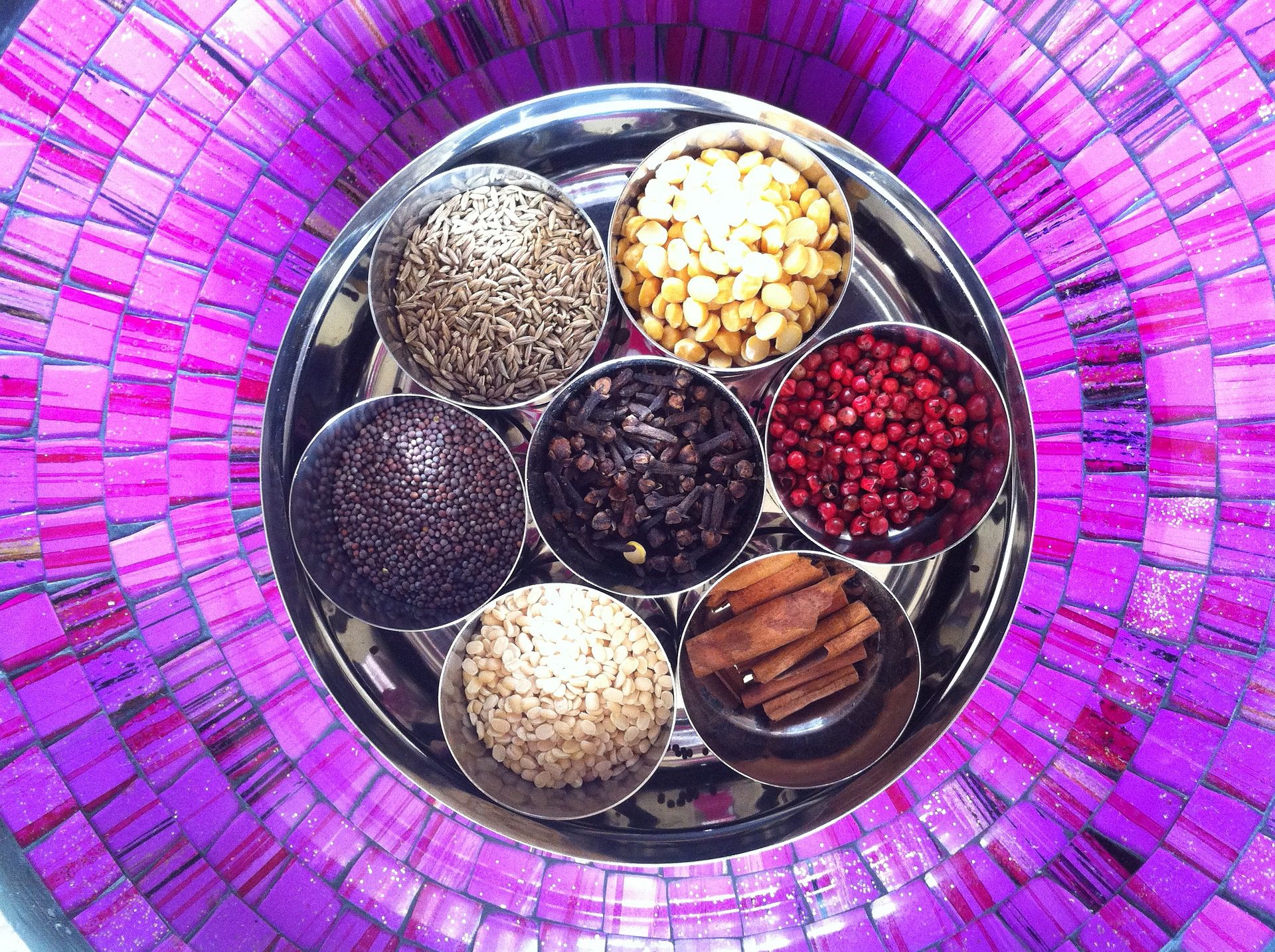What Are the Doshas??

Some of us may have a vague inclination as to what the 3 doshas are, however it’s rare we get the opportunity to delve deeper into our individual constitution. In this series of blog posts we hope to help you understand further what it means to be a Vata, Pitta, or Kapha type, and also what this means in terms of your daily habits, tendencies, and unique composition.
The Doshas and Ayurveda
Ayurvedic medicine holds that each of the three doshas is a dominant force of energy which circulates the body and determines our physiological activity. Each Vata, Pitta, and Kapha manifest themselves differently in terms of our temperment, physical constitution, and general disposition, while also determining extremity of various physical and mental disorders.
Human Condition
In his book ‘Yoga and Ayurveda‘ David Frawley outlines how our entire life and perception of existence is based upon the interplay (or ‘dance’) of the three doshas. He explains that Vata, Pitta, and Kapha are in constant motion with our internal and external environment, ensuring our continued engagement with the world around us.
Our conditions of health, disease, growth and ageing all occur as a result of or in relation to certain movements or dominance of our doshas – elements of which are present in everyone. While one dosha is always dominant in each individual, we each contain elements of all three, and it is the relationship and dynamics of co-habitation of these doshas within us that keeps us moving, keeping awareness and change within constant reach.

(pic courtesy of yogarenegade.com)
Once a Vata, Always a Vata??
Ayurveda defines people as either Vata, Pitta or Kapha according to the dominant traits of each which are present in the body, many of which occur as the result of prolonged habits, altering bodily constitution over time to mean the individual is inclined towards one dosha. It is with this understanding of the individual composition that we can understand how the dominant dosha of an individual can alter over time, and will not necessarily remain the same forever.
The Doshas and Yoga
In terms of yoga, the correct assessment of a persons’ dosha can help to ensure correct practice and outline the personalized type or style of yoga and movement which will ensure their practice provides optimal results. For instance a slow Yin or Hatha practice is often preferable for those of dominant Vata dosha, to balance their excitable, energetic and unpredictable nature. Whether mental, physical, or emotional, a yogi’s dosha relates directly back to their engagement with the elements of the world around them, and is also important in Ayurveda when determining which treatments will best suit a patient.
Balancing Our Doshas
Balancing our doshas is key to ensuring the avoidance of excesses which can result in unbalanced mental and physical constitution, and ayurvedic medicine is concerned with treatments to re-balance these upsets in stability within an individual. It’s fascinating to consider oneself in relation to the doshas and to research about what best suits our own particular type, learning how to improve elements of our physical and mental composition through ayurvedic principles, of which diet plays a large (but not solely responsible) role.

Pic courtesy of womanme.com
Good and Bad
While all three doshas have strengths and positive attributes, they each also have their weaknesses, and it is through gaining a deeper understanding of these that we can enforce further measures within our own lives to achieve balance. Whether through diet, forms of physical exercise, mental stimulation or lifestyle factors, it is important to address our individual constitution according to our own needs and nobody else’s.
There are several online tests (linked below) which you can take to determine your current dominant dosha, (we’d recommend taking more than one to ensure consistent results), and over the next few weeks on the blog we’ll be outlining particular elements of each Vata, Pitta, and Kapha which will help you gain a more thorough understanding of them.
Links:
What’s My Dosha Quiz
Discover Your Dosha
Banyan Botanicals Prakriti Quiz
Yoga Journal’s What’s Your Dosha
***
Read more from Jenny at Upward Facing Blog



